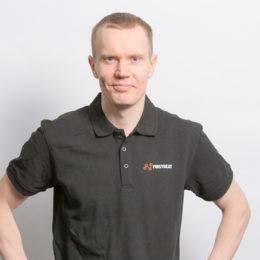
The strong link between physical fitness and health is undeniable. After all, a 10% improvement in fitness can add 10 more ‘quality years’ to your life*. But did you know that better physical fitness also improves recovery?
Physically active, fit people recover better both during sleep and during the day. So, improving your fitness will not only help you to run longer or push harder at the gym, but also helps you manage the load of your daily life better.
Exercising in Line with Your Fitness
But this isn’t a guarantee. To get these benefits you need to exercise ‘right’ – i.e. in line with your current fitness. Exercise that is too intensive or excessive doesn’t promote recovery but hinders it instead. Heavy exercise is a major stressor for the body, and to gain benefits from it, we need enough rest and easier workouts.
Figuring out the appropriate exercise intensity and volume is not always easy, but Firstbeat Life can help with this. It allows you to monitor your daily exercise sessions and see their effect on fitness and health, ultimately helping you find the kind of exercise that works for you and that you enjoy.
Revealing What Works for You
The Health Effects of Physical Activity score in the Firstbeat Life app reveals if you were active enough on a specific day.
The score accumulates based on the amount of exercise and intensity so that vigorous and moderate exercise have a bigger effect on the score than light physical activity. Moderate physical activity brings about significant health benefits, whereas vigorous physical activity has the biggest effect on your fitness as long as you balance it with sufficient recovery.
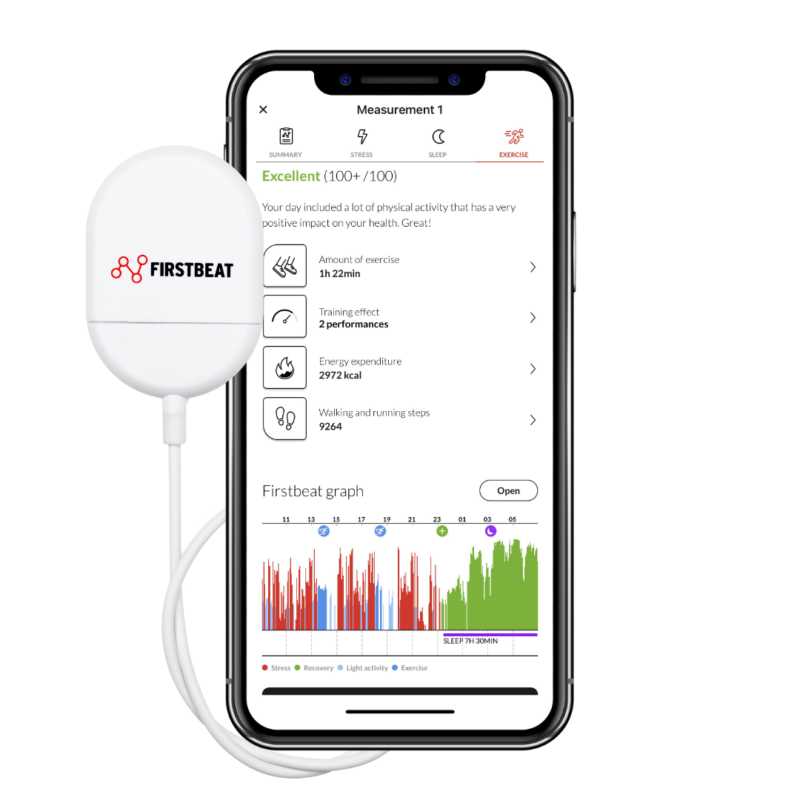
Match exercise to your daily load and fitness level.
Light physical activity is important for maintaining good functional capacity and energizing your body and mind, even if it does not accumulate as many Physical Activity points.
So how do you know what type of activity you are doing? The most obvious difference between moderate and vigorous physical activity is that during moderate activity, you can still speak, whereas vigorous activity causes you to sweat more and be noticeably out of breath.
You can also monitor your daily activity through your steps. The Firstbeat Life app shows steps that accumulate from walking and running. A good result is about 7,000–8,000 steps per day.
Same Exercise, Different Effect
Physical fitness plays a role in the relative intensity of exercise. The same exercise session can be easy for a fit person but moderate or even vigorous for someone who is not as fit. Therefore, a less fit person will get more Physical Activity points from the same session because it puts a greater load on their body. A fitter person must exercise harder – or longer – to get the same results and score.
As your fitness improves, you need to increase your exercise intensity or duration if you want to keep improving. You can monitor the development of your aerobic fitness with the Fitness Level feature available in the Firstbeat Life app. It estimates your maximal oxygen uptake from a 30-minute moderate-intensity walk.
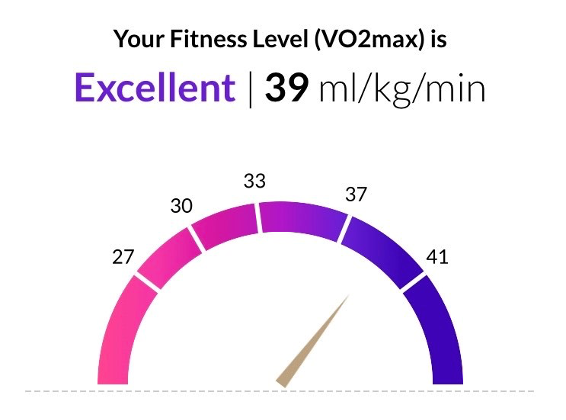
The Fitness Level feature in the Firstbeat Life app estimates your maximal oxygen uptake, which is a reliable indication of your aerobic fitness or endurance.
You Don’t Need to Score 100 Every Day
Keep in mind that the goal isn’t to get a Health Effects of Physical Activity score of 100 every single day! Good health benefits are reached with a score of 70 or above, and you can achieve this with 30 minutes of moderate, or 20 minutes of vigorous, physical activity throughout the day.
The best health and fitness benefits are gained with multi-faceted exercise. Sometimes you should exercise a bit harder, to gain a better score and fitness benefits, whereas easier physical activity is called for on other days to allow sufficient recovery. The Physical Activity score will be lower on easy days, but this type of exercise (to promote recovery from harder sessions) is not designed to accumulate a lot of points.

You don’t need to hit a 100 score every day. Intensive exercise should be followed by easier exercise on the following days to promote good recovery.
The overall load of your exercise across your measurement is shown in the Health Effects of Physical Activity summary. Very active days accumulate more than 100 points (100+), so you can get a good average result at the end of a measurement even if you did less exercise on the other days.
Is It Time to Exercise or Rest?
The Firstbeat Life app allows you to monitor if you are exercising appropriately considering your current fitness and ability to recover. You can do this by comparing your Health Effects of Physical Activity and Sleep scores.
If your Physical Activity score is constantly very high, but the Sleep score is low, it can indicate that you are exercising too hard or too much considering your current fitness. In these situations, it’s recommended to lower your exercise intensity or volume for a while, until recovery improves.
Please note that Firstbeat Life measures the loading of the cardiorespiratory system. If the exercise does not increase your heart rate, it will not accumulate the Health Effects of Physical Activity score. For example, the goal of strength or flexibility training (or yoga) is to develop other aspects of fitness rather than the cardiorespiratory system, and thus, the Physical Activity score is not the best way to evaluate their effect.
Source:
* Kodama S, Saito K, Tanaka S, et al. Cardiorespiratory Fitness as a Quantitative Predictor of All-Cause Mortality and Cardiovascular Events in Healthy Men and Women A Meta-analysis. JAMA. 2009;301(19):2024–2035. doi:10.1001/jama.2009.68
Personal trainers who use Firstbeat Life found that 2/3 of their clients keep using their services for up to 12 months, compared to the average program length of 3-6 months. Join the Firstbeat Life Partner Network today to access our professional training and learn how to integrate Firstbeat Life into your business.
Do you want to read more about exercise and comprehensive well-being? Subscribe to our Newsletter
You might also be interested in
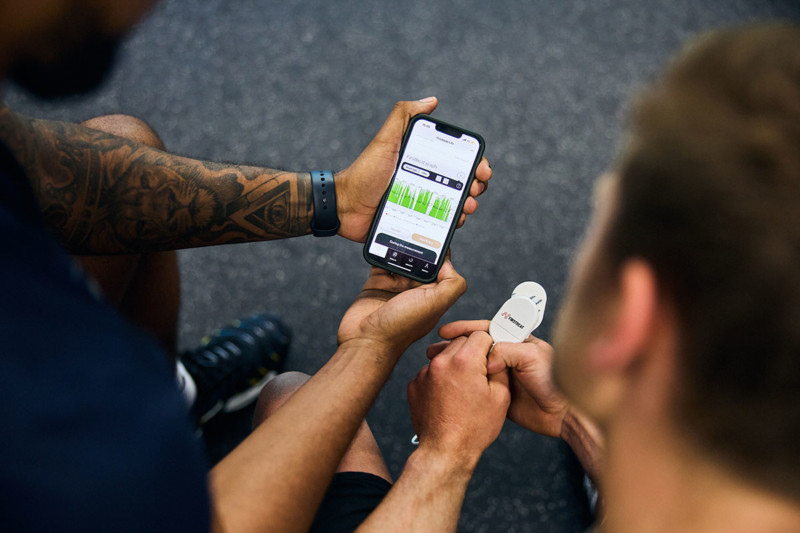
How to Utilize Wellness Data to Become a Highly Successful Personal Trainer
The UK’s top PTs explain how data is integral to offering a better service and growing your business. The Personal Training landscape has changed significantly in the last few years….
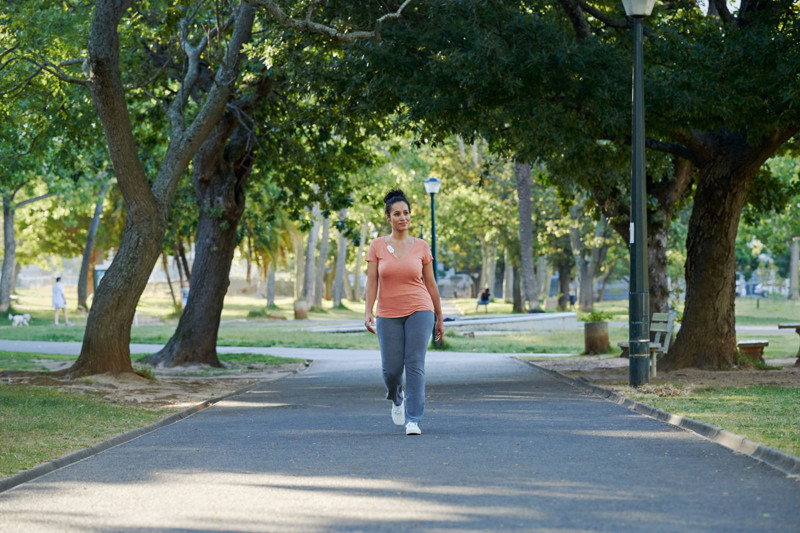
New Study Reveals that the Firstbeat Fitness Level Walk is a Valid Tool for Cardiorespiratory Fitness Evaluation in Clinical Populations
Cardiorespiratory fitness (measured as VO2max) is an expression of the body’s ability to deliver and utilize oxygen for energy during physical exercise. It reflects the interplay between respiratory, cardiovascular, and…
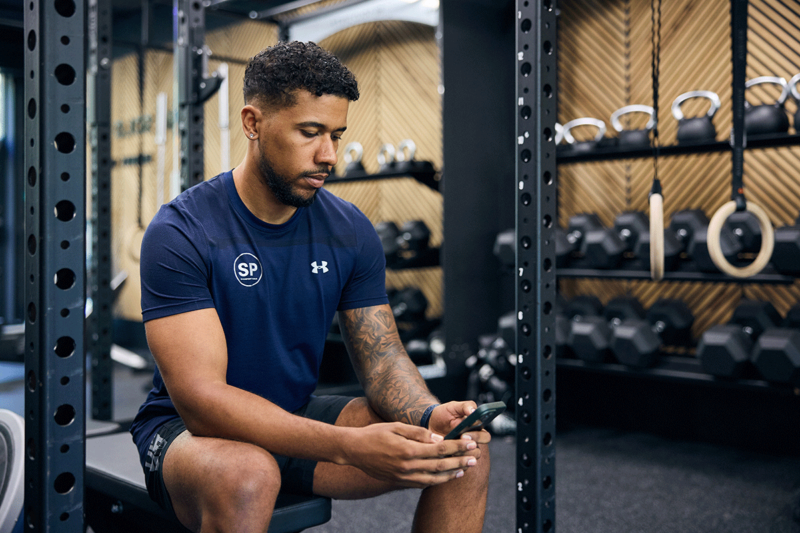
Offering a Tailored Service to Get More PT Clients with Firstbeat Life Data
Shaq Porteous is an experienced personal trainer and Mental Health and Support Worker for vulnerable young people within the YMCA. Shaq’s passion for enhancing mental health through exercise and movement…


